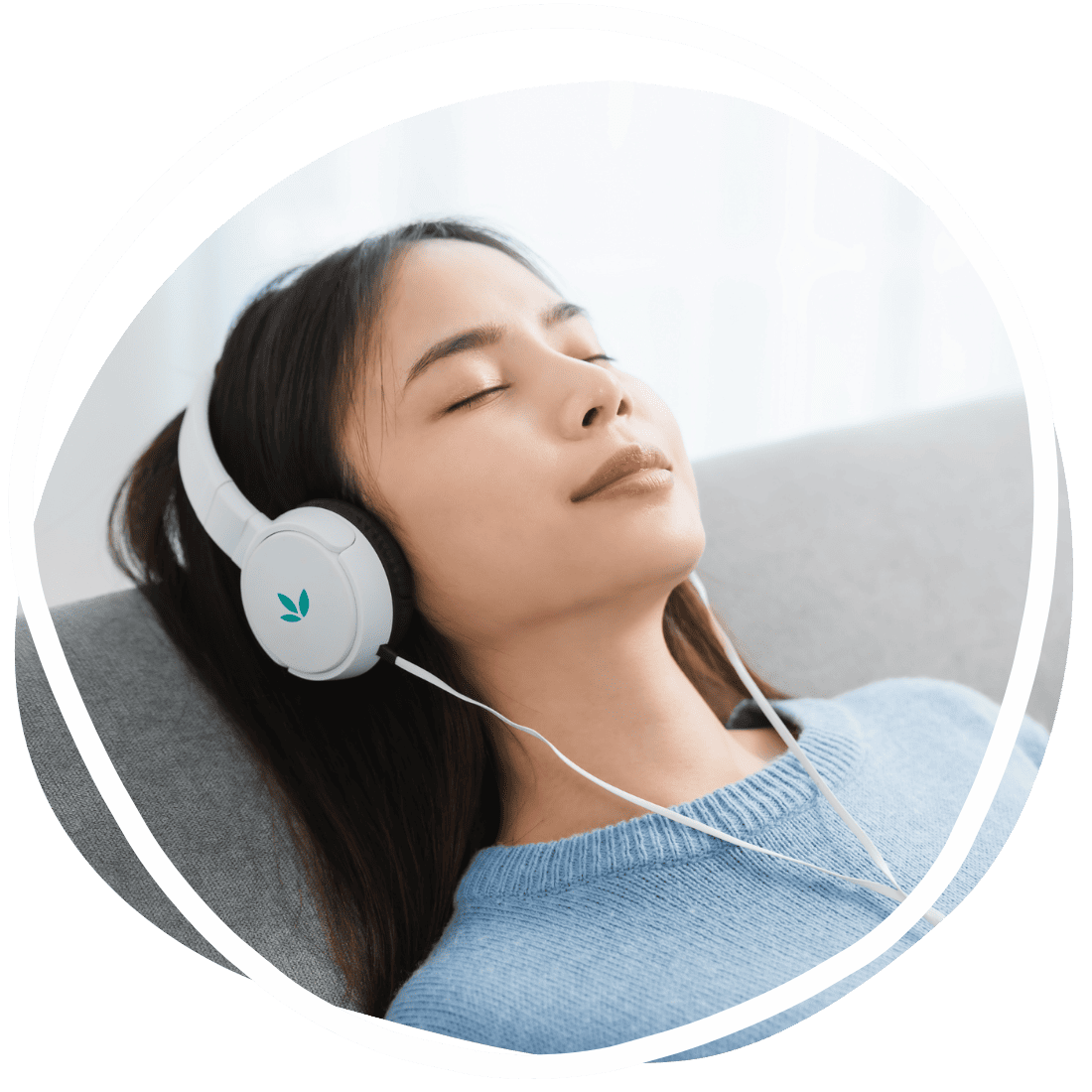Listening Therapy Programs for Improved Reading Skills and Auditory Processing
It’s commonly believed that reading is a visual activity. While that’s true, reading relies just as much on our auditory processing. While we do see the words when we read, it’s also important that our brain hears the sounds, words and meaning contained in the text. When auditory processing is compromised, the brain cannot make sense of these sounds, making all activities that require auditory input difficult – such as reading, following directions, or capturing details.
Auditory processing disorder (APD) refers to difficulties in accurately processing and interpreting sounds, which can significantly impact reading skills and comprehension. Similarly, individuals with reading challenges may struggle with decoding words, fluency, and comprehension.

What is Auditory Processing Disorder or APD?
Auditory processing disorder (APD) is a condition that affects the way individuals process and interpret sounds. People with APD may have difficulty accurately distinguishing between similar sounds or understanding speech in noisy environments. This can impact various areas, including reading skills and comprehension. Individuals with APD may experience challenges in decoding words, which means they may struggle with accurately recognizing and sounding out individual letters or letter combinations. This can make it difficult for them to read fluently and smoothly. Furthermore, individuals with APD may also face difficulties in comprehending what they read. They might have trouble understanding the meaning of sentences or paragraphs, making it harder for them to grasp the overall message of a text. It is important to note that while APD can contribute to reading challenges, not all individuals with reading difficulties have APD. However, when both conditions coexist, it’s essential to address both issues in order to provide effective support for the individual’s learning and development.
Listening Therapy for Improved Reading Skills and Auditory Processing
Listening therapy programs aim to address these issues by targeting auditory processing skills and enhancing the brain’s ability to process sounds effectively. These programs often utilize specialized techniques such as music-based interventions or sound stimulation exercises.
By engaging in listening therapy, individuals can improve their ability to distinguish between different sounds, enhance their phonological awareness (the understanding of sound patterns in language), and strengthen their overall auditory processing abilities. This, in turn, can lead to improved reading skills, including enhanced decoding abilities, increased fluency, and better comprehension.
Children and Reading/Auditory Processing Issues
Being unable to read is embarrassing. A child’s fear of being asked to read aloud leads to withdrawal and physical anxiety. Reading is required for everything: spelling, math, science, instructions for games and menus in restaurants.
Reading is an auditory processing skill that requires decoding the sounds of the words in the proper sequence and to do so rapidly, within milliseconds. Poor decoding skills are the primary cause of reading problems in children. Falling further and further behind each year, the inability to keep up with the rest of the class becomes more evident. Low self-esteem and lack of confidence may follow, which lead to social issues for children and can make family life difficult.
Adults and Reading/Auditory Processing Issues
Adults have similar reading problems. They read slowly because processing the information takes a long time. Unfamiliar words or names in a text seem to be written in hieroglyphics. They reread information multiple times for comprehension.
If you are a slow reader, or if you’ve just discovered you have an undiagnosed reading problem, you’re working harder to read, and reading is likely not enjoyable.
Improving Reading Skills and Auditory Processing
Listening therapy is not limited to children; adults who experience difficulties with reading or auditory processing can also benefit from these programs. Whether it’s overcoming dyslexia or addressing age-related changes in auditory processing capabilities, listening therapy offers a promising avenue for improvement.
Unyte Health: Listening Therapy to Support Improved Reading Skills and Auditory Processing
Safe and Sound Protocol (SSP)
For children and adults. Guide your clients to consistently feel more connected, in control and regulated.
Pioneered by Dr. Stephen Porges, and based on the Polyvagal Theory, the Safe and Sound Protocol (SSP) is an evidence-based listening therapy that helps shift the nervous system to be more present and regulated while improving client capacity for connection and receptivity to other therapies.
A non-invasive vagal nerve stimulator, the SSP improves the ability to focus on the frequencies of human speech and reduces auditory hypersensitivities. By exercising the neural network associated with hearing, it supports sound-symbol connection.
Focus System
For children and adults. Improve brain and body organization, and emotional regulation. Used in a broad variety of practices such as Occupational Therapy, Speech Therapy, Physical Therapy, Autism and ADHD Specialities, and more.
A clinical intervention used to improve brain function through brain and body integration via multisensory input. It combines auditory, balance, and movement to create a foundation for learning, attention, processing and behavior.
The brain organization necessary for learning relies on the body organization necessary for optimum brain function. The filtered music and intentional movement exercises of the Focus System create the neural pathways necessary for brain and body integration. The multiple stimuli of the Focus System forces the brain to create and organize the neural network necessary to learn.







 © 2026 Unyte Health US Inc.
© 2026 Unyte Health US Inc.